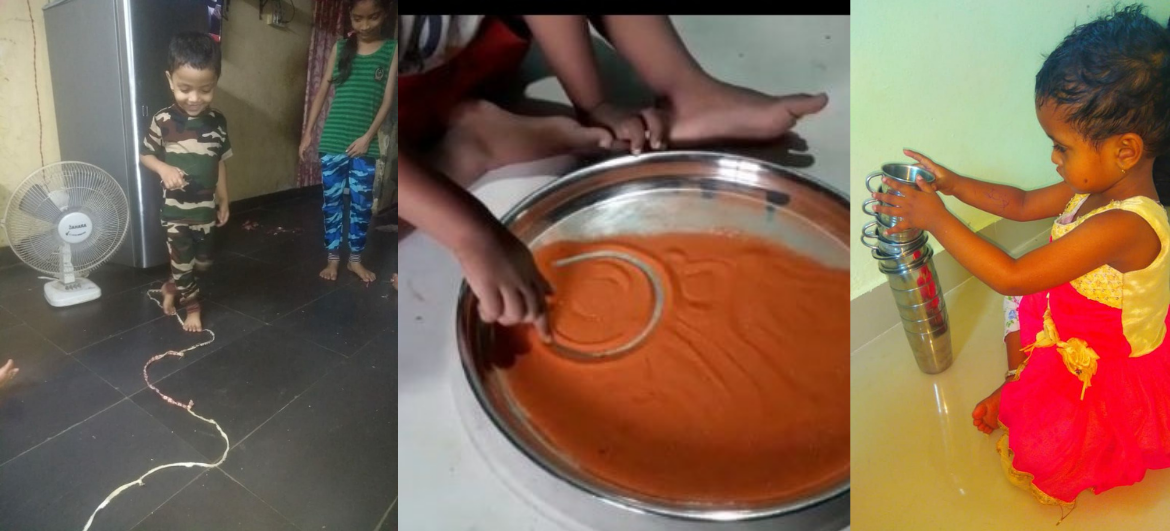Quis autem velum iure reprehe nderit. Lorem ipsum dolor sit nulla or narjusto laoreet onse ctetur adipisci.

Better Education Lifestyle and Environment Foundation (BELIEF)
Supported by: Wipro
About BELIEF
Better Education Lifestyle and Environment Foundation (BELIEF) is a not-for-profit organization started by a few professionals who passionately want to bring social change. We have been working in the domain of early childhood education (ECE) for the last three years. We have also been working in content development, for grades one to ten. Apart from that BELIEF has also initiated an active library program for distressed children in Nashik. We envision a society where each individual is leading a dignified life. Our mission, on the other hand, is to improve by 2026-27 the learning opportunities for 20,000 students at the elementary level through capacity building of different stakeholders, such as teachers, parents, and education officers.
Better Education Lifestyle and Environment Foundation (BELIEF) believes in the change. We are striving to build an equitable society. We know that bringing such change is a beautiful, enlightening but slow process. The tortoise in our logo symbolizes the value of slow and steady work. We believe in building the capacity of the government system rather than creating a parallel system. Our envisioned change should be institutionalized to make a sustainable impact. Building a resourceful team, aligning all the stakeholders towards the goal, and collaborating with the experts in the field will take us to the institutionalization of change.
Location
We have been working with students, teachers, and parents residing in the slums of Pune city.
Program updates
Wipro is supporting BELIEF’s ‘Shakti’ project that aims at the capability building of the Anganwadi workers, and parents on quality early childhood education. This project has been in operation since 2021, in the Mundhawa and Hadapsar clusters of the government’s Integrated Child Development Services, Pune.
Last year was the first time when Anganwadis got reopened after a huge gap, on account of the COVID-19 pandemic. Anganwadi was probably the last institution to open (at least in Pune urban region). It was very challenging to start working with the system as soon as it resumes the core work. The Child Development Project Officer (CDPO) was very supportive of our intervention which smoothened this transition. Last year BELIEF faced a funding deficit. Sustaining the team, despite its small size, proved to be an uphill task.
We adopted a different approach this year for 6 Anganwadis and provided intensive classroom support to them. This included classroom observation, demonstration, follow-up of the learning from the training, and supporting them in overcoming the challenges faced during the implementation of the curriculum. We wished to give the same support to all the Anganwadis in the cluster but could not achieve that due to insufficient funds. But in the upcoming year, with the grant support from Wipro, we will be able to give classroom support to all the Anganwadis in the Mundhawa cluster.
Plan of action
As we are entering into grant support from Wipro, we will be rolling out the Shakti project in Mundhawa and Hadapsar clusters subsequently, over the period of three years through training, intensive classroom support, and capability building and support to the parents. We are also planning to institutionalize the change which we will be bringing to the Anganwadis. We will be starting working with the Anganwadi helpers separately from 2023-24 onwards.

